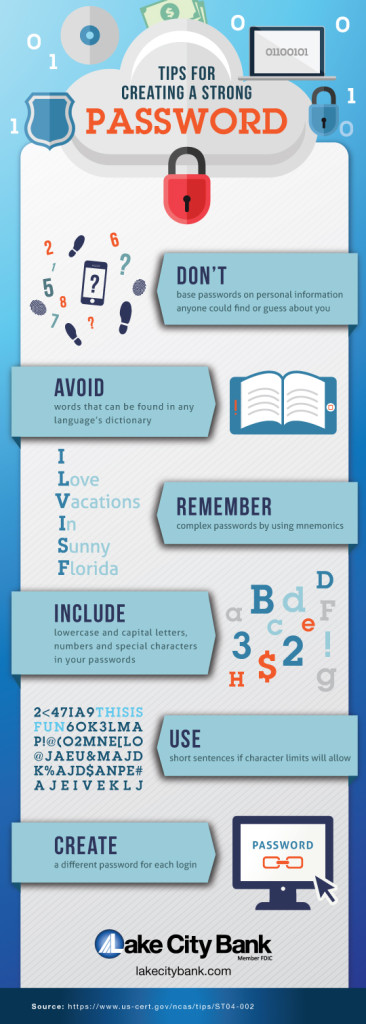
Online Shopping

Hackers and scammers have what seems to be unlimited creativity in their attempts to get their hands on your private information. Online shopping sites are some of their favorite targets, so we’ve gathered some tips and resources that will show you how to identify common scams and take other steps toward safer online shopping.
General Tips
Online shopping has become so normal that it’s easy to place an online order without paying close attention to what you’re buying and who you’re buying from. This National Cyber Awareness System article will refresh your memory about the risks of online shopping and how to protect yourself from the hackers and scammers trying to get your money.
This article from the Federal Trade Commission (FTC) lists some steps you can take to keep your information safe and avoid scams while shopping online.
Online Shopping Scams
Online shopping scammers are so good at what they do that they can fool even the most tech-savvy people. Anytime you’re shopping on an unfamiliar site, use this list from Consumer Reports to help you determine whether or not you should go through with the purchase. It was originally written to holiday shoppers, but scammers are at work all year long, so the tips still apply!
Porch Pirates
You’ve made it through the checkout process, and your item is on its way to you, so there’s nothing left for you to worry about, right? Not quite. Ever heard of porch pirates? They’re the people who steal other people’s packages from outside their homes. Some of them even follow delivery trucks around and steal the packages right after they’ve been delivered! Learn more about porch pirates, how to avoid their schemes and what to do if your package is stolen.
Alternate Online Payment Methods
Looking for a simple way to act before the hack? Add an extra line of defense between your personal information and the websites or apps you are shopping at by signing up for one (or more) of the payment solutions below. As an added bonus, they make the checkout process faster and easier!
- PayPal
- Visa Click to Pay
- Mastercard Click to Pay
- Click to Pay with American Express
- Apple Pay
- Google Pay
Password Strength
We know it can be annoying, especially with all the passwords you manage on a regular basis, but using strong passwords is another way to act before the hack. For the full-size infographic, click the image below. Want more information about strong passwords? Check out this article from the National Cyber Awareness System.

Debit Cards vs. Credit Cards
The card you choose can help you act before the hack while shopping online. With debit cards, funds are removed from your account when the transaction is processed (regardless of whether you choose debit or credit). With credit cards, you have a better chance of spotting fraud when you review your bill, and because you’re using credit, hackers don’t have access to your bank account. Plus, the money spent does not leave your account until you pay your credit card bill. Learn more about how fraudulent charges on credit and debit cards are handled.
Alerts through Lake City Bank Digital
Did you know Lake City Bank Digital includes an alert system? You can set alerts for your debit card so you know right away when there is unusual activity on your account. Some fraud alerts are automatically set up for you, and you can set up other debit card alerts through Lake City Bank Digital. If you have trouble setting up or removing alerts for your Lake City Bank debit card, you can contact our One Call Center at (888) 522-2265, and we will be happy to help you act before the hack!
Steps to Take If You Think Your Card Information was Stolen Online
Even when you take every precaution, it is still possible for your information to be stolen online. React to the hack by taking the steps listed on this website if you think someone has stolen your personal information.



